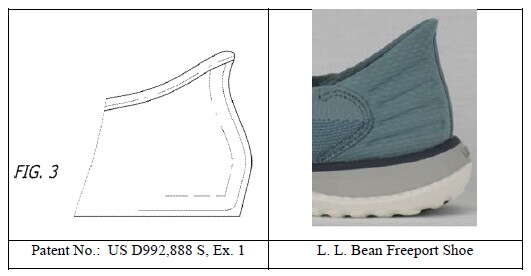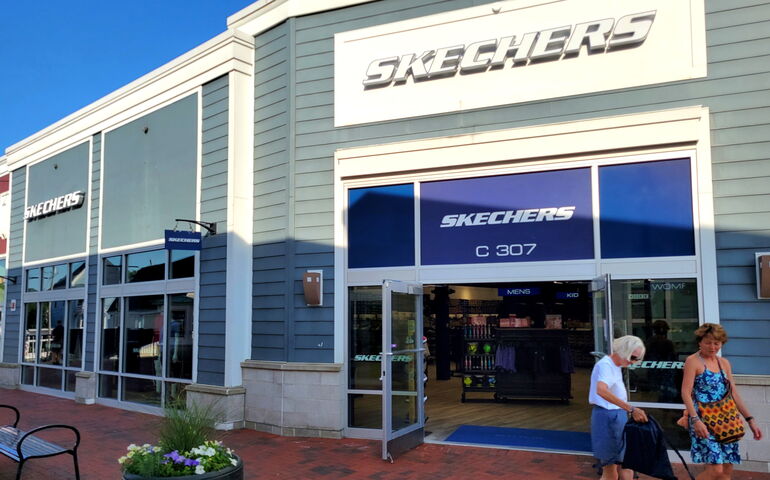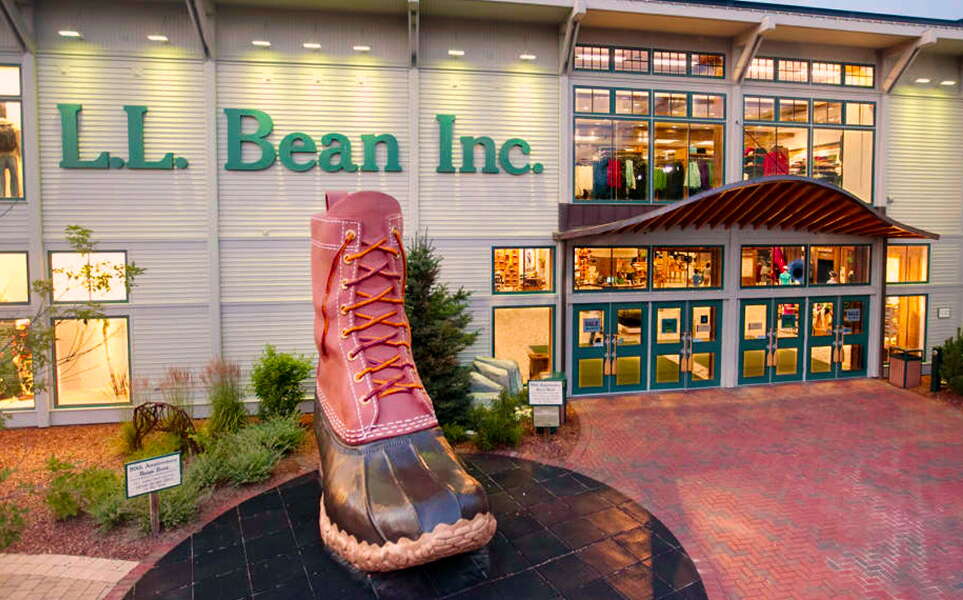
Processing Your Payment
Please do not leave this page until complete. This can take a few moments.
- News
-
Editions
-
- Lists
-
Viewpoints
-
Our Events
-
Event Info
- Women's Leadership Forum 2025
- On the Road with Mainebiz in Bethel
- Health Care Forum 2025
- On The Road with Mainebiz in Greenville
- On The Road with Mainebiz in Waterville
- Small Business Forum 2025
- Outstanding Women in Business Reception 2025
- On The Road with Mainebiz in Bath
- 60 Ideas in 60 Minutes Portland 2025
- 40 Under 40 Awards Reception 2025
- On The Road with Mainebiz in Lewiston / Auburn
- 60 Ideas in 60 Minutes Bangor 2025
Award Honorees
- 2025 Business Leaders of the Year
- 2024 Women to Watch Honorees
- 2024 Business Leaders of the Year
- 2023 NextUp: 40 Under 40 Honorees
- 2023 Women to Watch Honorees
- 2023 Business Leaders of the Year
- 2022 NextUp: 40 Under 40 Honorees
- 2022 Women to Watch Honorees
- 2022 Business Leaders of the Year
-
-
Calendar
-
Biz Marketplace
- News
-
Editions
View Digital Editions
Biweekly Issues
- April 21, 2025 Edition
- April 7, 2025
- March 24, 2025
- March 10, 2025
- Feb. 24, 2025
- Feb. 10, 2025
- + More
Special Editions
- Lists
- Viewpoints
-
Our Events
Event Info
- View all Events
- Women's Leadership Forum 2025
- On the Road with Mainebiz in Bethel
- Health Care Forum 2025
- On The Road with Mainebiz in Greenville
- On The Road with Mainebiz in Waterville
- + More
Award Honorees
- 2025 Business Leaders of the Year
- 2024 Women to Watch Honorees
- 2024 Business Leaders of the Year
- 2023 NextUp: 40 Under 40 Honorees
- 2023 Women to Watch Honorees
- 2023 Business Leaders of the Year
- + More
- 2022 NextUp: 40 Under 40 Honorees
- 2022 Women to Watch Honorees
- 2022 Business Leaders of the Year
- Nomination Forms
- Calendar
- Biz Marketplace
Footwear maker Skechers sues LLBean, claiming it illegally copied shoe designs
 Photo / William Hall
Skechers has a store in Freeport, shown here, steps from the flagship campus of L.L.Bean Inc., which Skechers is suing for patent infringement.
Photo / William Hall
Skechers has a store in Freeport, shown here, steps from the flagship campus of L.L.Bean Inc., which Skechers is suing for patent infringement.
The third-largest footwear company in the world, Skechers USA, says L.L.Bean Inc. has illegally copied Skechers shoe designs, and on Monday sued the Freeport-based retailer for allegedly infringing patents on them.
An L.L.Bean casual-shoe style, known as the Freeport, includes the same, distinctive type of "heel cup" created by Skechers to surround the back of a wearer's foot, according to a complaint filed in a New York City federal court. Skechers claims that similarity is the result of L.L.Bean's "willful" violation of two U.S. patents.
"Only after Skechers incurred the substantial risk and monumental expense of developing and promoting its shoes with these heel cup designs, and established that they had broad appeal, did L.L.Bean enter the market with its infringing shoe," Skechers said in its complaint.
The complaint went on to claim the Skechers designs "are unique and eye-catching because they use graceful, sweeping, gently rolling lines and slopes to create the ornamental appearance of the heel of the shoe and make it visually appealing."
The Freeport shoes, in men's and women's sizes, sell for $99 on the L.L.Bean website.

The lawsuit seeks unspecified damages, including triple amounts for any willful patent infringement, and to stop L.L.Bean from selling shoes with the contested designs. The company has three weeks to respond to a summons for the lawsuit, and a pretrial conference has been scheduled for Sept. 4.
Neither L.L.Bean nor lawyers for Skechers immediately responded to attempts by Mainebiz to obtain further information.
An unlikely pairing?
Skechers (NYSE: SKX) said it has sold millions of pairs of shoes with the patented heel cups. The Fortune 500 company, based in Manhattan Beach, Calif., reported sales last year of more than $8 billion, up from $7.3 billion in 2022. The company has 5,200 retail stores worldwide including two in Maine.
A tagline describes Skechers as "the comfort technology company" and its footwear includes a wide variety of casual and athletic styles. However, the business began in 1992 with a focus on men's street shoes and utility-style boots then popular in grunge fashion. After broadening its market, Skechers grew in popularity, and sales have increased fourfold over the past 10 years.
Founded 80 years before Skechers, L.L.Bean first gained fame for its iconic Maine Hunting Shoe, the water-resistant "duck boots" that today are one of the most popular products for the manufacturer and retailer of outdoor clothing and gear. While the company closely identifies with the natural environment and uses the slogan "be an outsider," the Maine Hunting Shoe has become ubiquitous and occasionally appears on high-end fashion runways.
L.L.Bean, which is family-owned, in March said 2023 sales totaled $1.7 billion, down slightly from $1.8 billion in 2022. The company has 57 stores in the U.S., spread across 19 states, and four more stores are in the works. In addition, L.L.Bean operates 22 stores in Japan and 13 stores in Canada through a partnership with Toronto-based Jaytex Group.

In the highly competitive industry of footwear, patent infringement claims are not uncommon. Last November, Skechers itself was sued by apparel giant Nike over claims that Skechers had illegally used a lightweight sneaker-making fiber created by Nike. That company has also filed numerous other patent lawsuits against Skechers, three of which were settled in 2021.














0 Comments